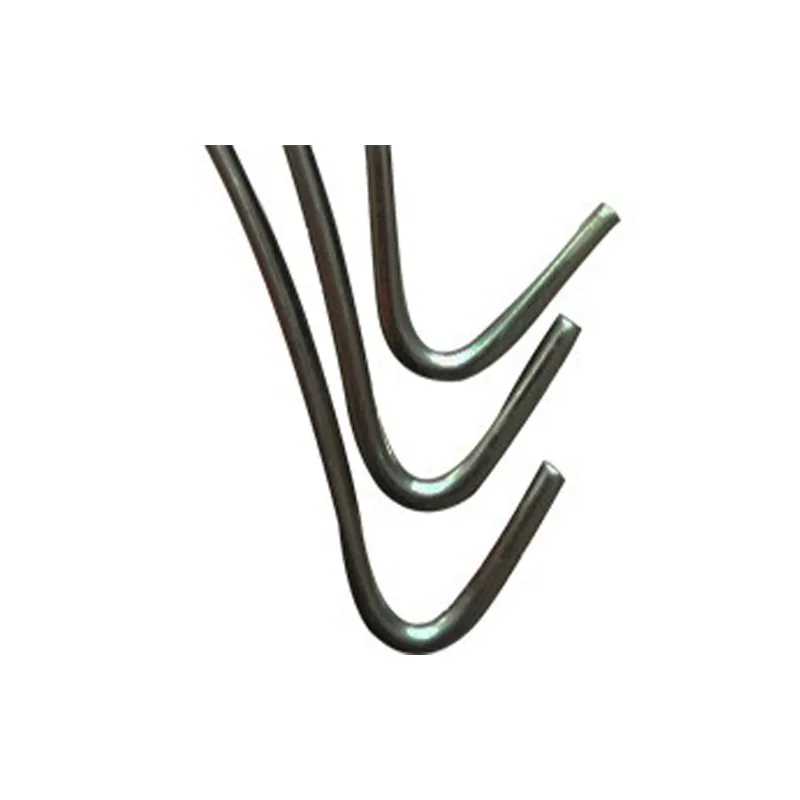-
 Phone:
Phone: -
 Email:
Email:

Understanding the Factors Influencing Razor Fence Pricing and Installation Costs for Homeowners
The Cost of Razor Fencing Understanding Pricing and Value
Razor fencing, known for its sharp-edged barbed design, is increasingly popular for security applications across various settings. The unique features of razor wire make it an effective barrier against unauthorized access, making it ideal for prisons, military bases, and commercial properties. However, understanding the pricing and factors that contribute to the cost of razor fencing is essential for anyone considering this security solution.
What Influences Razor Fence Prices?
The price of razor fencing is influenced by a variety of factors, which can range from the type and quality of materials used to the specific design and installation requirements
.1. Material Quality Razor wire is typically made from stainless steel or coated with a galvanized finish to prevent rusting and ensure longevity. Higher quality materials will be more expensive but often provide better durability and resistance to corrosion, ultimately offering more value over time.
2. Design and Specification Razor fencing comes in different designs, such as concertina coils or straight runs, each with varying security levels. The complexity of the design affects the price. For instance, concertina razor wire, which coils and expands to create a more formidable barrier, may cost more than standard straight wire.
3. Installation Costs The method of installation significantly impacts the overall price. Professional installation is typically recommended for razor fencing to ensure it meets all safety and security standards. Installation costs can vary based on location, the height of the fence, and the difficulty of the terrain. DIY installation is an option for those with experience, but it can lead to higher long-term costs if not done correctly.
4. Length and Height of the Fence Naturally, the length and height of the razor fence will influence the total cost. A taller fence provides enhanced security but will require more materials and labor. Custom configurations can also add to the expense.
razor fence price

5. Accessories and Additional Security Features Many installations include additional features such as support posts, gates, and electronic monitoring systems. These extras can significantly raise the total price of the project, depending on the level of security desired.
Comparative Pricing
On average, the cost of razor fencing can range significantly. Basic razor wire fencing can start as low as $1.50 to $3.00 per linear foot for material alone. More complex installations, especially those requiring professional help, can escalate to $5 to $10 per linear foot or more. It's essential to obtain multiple quotes and compare the pricing thoroughly, factoring in the quality of materials and the reputation of the installer.
Value Beyond Cost
When considering razor fencing, it's crucial to look beyond the immediate costs. The investment in a robust security solution can save money in the long run by deterring potential intruders, reducing theft and vandalism, and lowering insurance premiums. Additionally, a well-installed razor fence can enhance the overall safety and security of a property, providing peace of mind for owners and occupants alike.
Conclusion
Razor fencing is a valuable investment for properties requiring enhanced security. By understanding the various factors influencing pricing—from material quality and design to installation methods—you can make an informed decision. While initial costs may appear steep, the long-term benefits and peace of mind offered by a high-quality razor fence can outweigh the financial investment, making it a wise choice for those prioritizing security.
-
Wire Mesh for Every Need: A Practical SolutionNewsJul.25,2025
-
Steel Fences: Durable, Secure, and Stylish OptionsNewsJul.25,2025
-
Roll Top Fencing: A Smart Solution for Safety and SecurityNewsJul.25,2025
-
Cattle Farm Fencing Solutions for Maximum SecurityNewsJul.25,2025
-
Affordable Iron Binding Wire SolutionsNewsJul.25,2025
-
Affordable Galvanized Wire SolutionsNewsJul.25,2025
-
Wire Hanger Recycling IdeasNewsJul.25,2025








